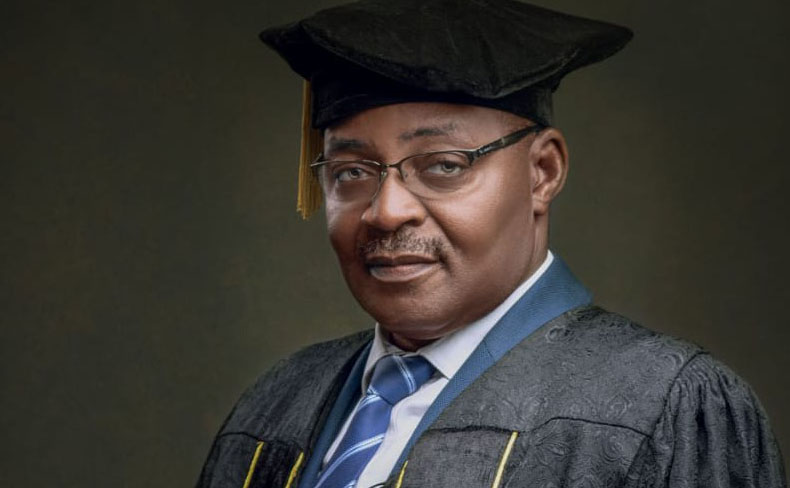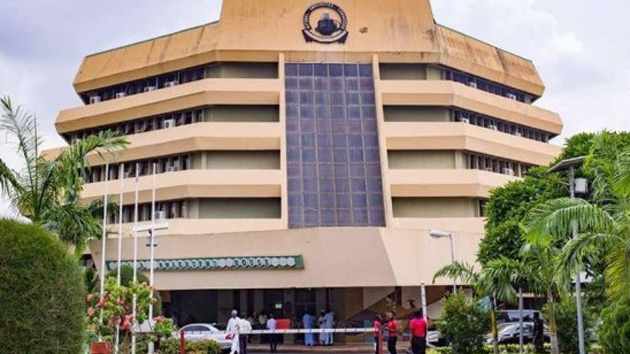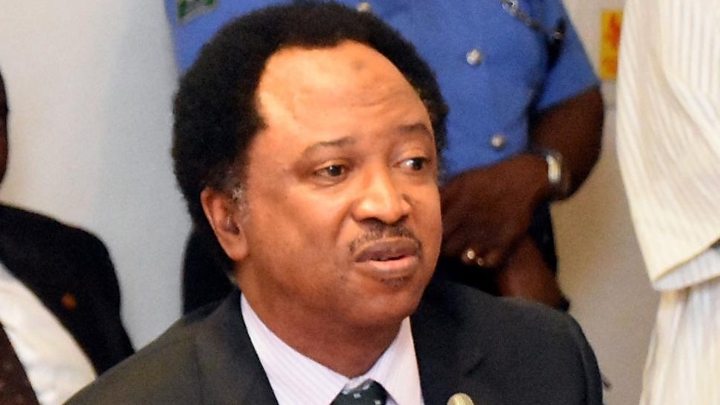We won’t allow insecurity to define our region, says Radda
The Sultan of Sokoto, Muhammadu Saad Abubakar III, has said it would take decades for the bandit-ravaged Northwest geopolitical zone to come out of the menacing security challenge.
The President General of the Nigeria Supreme Council for Islamic Affairs (NSCIA) stated this at the Northwest Peace and Security Summit in Katsina State, yesterday, in collaboration with the United Nations Development Programme (UNDP).
“What we must do is to challenge these bandits because we all know the consequences of banditry and insurgency on our lives. But it will take decades to get out of it. We all know the consequences and the problems,” he said.
The Sultan expressed the readiness of traditional rulers to partner with security agencies and the seven governors of the geopolitical zone to “save our region from the numerous problems” of banditry and insurgency.
He believed that at the end of the summit, proposals to bring insurgency to the barest minimum for people to go about their lives and businesses would be arrived at.
The summit was graced by Vice President Kashim Shettima, who represented President Bola Tinubu; ex-President Muhammadu Buhari, governors of the seven states in the Northwest geopolitical zone, service chiefs, and the Inspector General of Police.
Banditry became a phenomenon in Kaduna, Kastina, Zamfara, Sokoto, Kebbi, Kano, and Jigawa in the last one decade as a spillover of the intractable Boko Haram insurgency in the Northeast zone.
Host governor, Dikko Radda of Katsina State, said the Northwest Governor’s Forum will not allow insecurity to define the region. Speaking at the opening of the two-day summit, he said: “Banditry has cast a shadow over our communities. It has disrupted lives, stifled economic activities and instilled fear among our people.
“We cannot allow this menace to define our region. As leaders, we must adopt a multifaceted approach that includes robust intelligence gathering, community policing, and deploying advanced security technologies.
“Furthermore, we must enhance the capacity of our national security forces through continuous improvements and adequate resources. To effectively combat banditry, we need to strengthen our intelligence networks.”
According to Radda, this means improving the region’s surveillance systems, investing in modern technology such as drones as well as satellite imagery and enhancing coordination among various security agencies.












